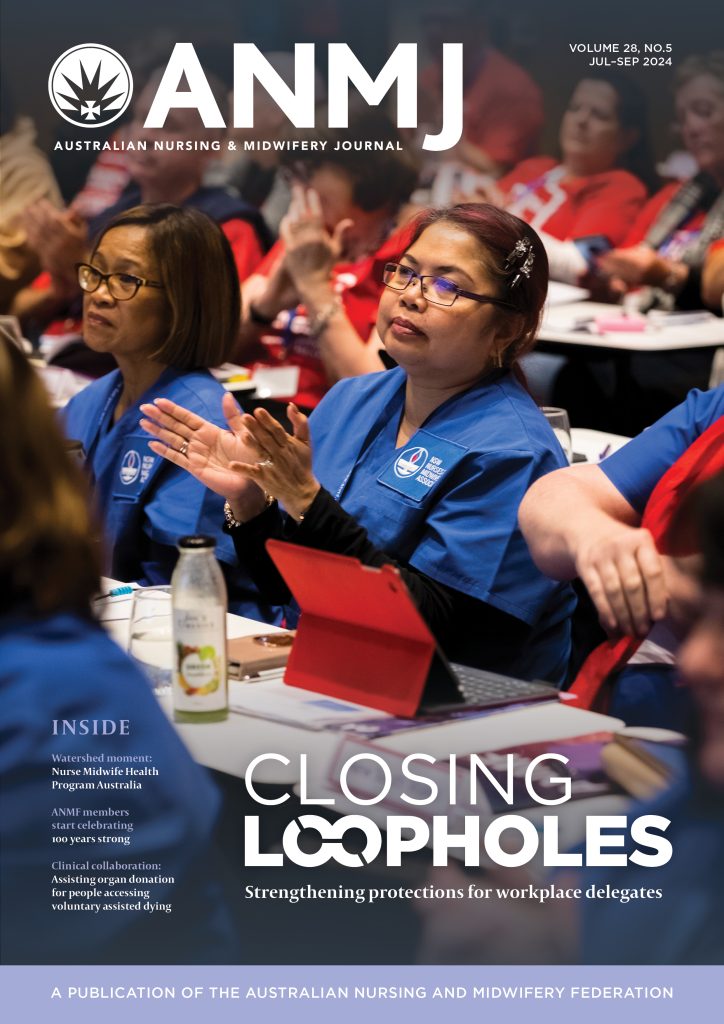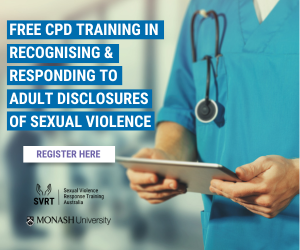“Empathy is about finding echoes of another person in yourself” – Mohsin Hamid
Empathy, simply, is seeing the world as others see it, understanding another’s feelings, not judging, and communicating our understanding of that person’s feelings.
Empathy is a process of listening rather than reacting – the ability to walk in another’s shoes and understand their experience. Empathic people are in touch with their emotional self-worth and sense of their place; typically, they have strong boundaries and can listen without comment or judgement.
Empathy is not the same thing as sympathy. Sympathy is feeling pity without understanding what it is like to walk in another’s shoes. But empathy is experiencing another’s emotions, ideas, or opinions. Empathy is more powerful than sympathy, expressing, “I understand and feel your distress” rather than “I pity you; here is a solution”. Empathy acknowledges and builds connection; however, sympathy just acknowledges the pain.
People often misunderstand empathy and see it as a weakness, but it is, in fact, a strength. Being empathic does not mean you’re a pushover but firm yet flexible about your boundaries. Empathic people are self-aware, and their boundaries are enforced and respected. Being empathic means that you don’t always need to have the last word or win an argument in a conversation. You are sure of who you are yet are open to having your views changed.
Empathy is crucial to the healthcare worker. We work with people who are physically and emotionally vulnerable. Empathy helps nurses and midwives to build a connection with those in their care. Patients can often feel overwhelmed, anxious, and even terrified. Research indicates that an empathic carer can improve patient experience, shorten length of stay, contribute to positive patient responses, such as relief from pain, and reduce anxiety, depression, and hostility.
Empathy is inherently a function of our professions. In your hospital or healthcare facility, I will bet there is a ward that has had almost no industrial issues. Staff are happy, turnover is low, and they are a ‘can do’ group of nurses or midwives. I will also bet that this department is led by an empath – someone who invests their time paying attention to staff, sets boundaries and makes it their goal to listen actively.
A workplace led by an empath is also more productive and supportive. An empathetic leader may inspire co-workers to address others in the same way. By practising empathy in the workplace, nurses can reduce stress for patients, co-workers, staff, and other healthcare professionals. In fact, it supports ethical interactions among all employees and forms respectful and constructive working relationships.
Can empathy be learned? Not everyone is born a natural empath. Most of us learn as we grow through observing the interactions of those around us. Those with a high level of empathy are associated with healthy relationships and pro-social behaviours. To learn this, first seek new perspectives and experiences. Because empathy means putting yourself into another’s shoes, this is difficult if you don’t know much about the other person. Start a conversation and be curious – ask about another’s background or culture. Actively listen and reflect on what you have heard, and empathy will develop.
Second, take the chance to connect with another person emotionally. Simply hearing them does not forge an empathic connection. View this as an opportunity to be vulnerable and identify with their concerns. It is not easy to be open, especially when you’re having a conversation dealing with negative situations. But practice will increase your emotional intelligence and hence empathy.
Lastly, we inherently all have biases commonly centred around race, gender, age, sexuality, and physical abilities. They come from how we are raised, educated and from our socioeconomic positions. These biases curb our ability to empathise. To become a true empath, you need to acknowledge your biases exist, no matter how slight.
The value of empathy can be highlighted in the Campaign for the Indigenous Voice to Parliament. Aboriginal and Torres Strait Islanders ask us to see their unique points of view. They are asking us to walk in their shoes and understand their culture, which was established through thousands of years of wisdom and experience. Non-Indigenous people in Australia are being asked to use empathy to bridge the cultural gap and support this voice to Parliament referendum.
You may not think you’re an empath, but it is likely you are. You’re a member of a healthcare trade union – empaths by default, as we use collective action to stop the exploitation of workers who have no voice. To be a union member is to be part of an empathic collective. And that is something we need more of in the world.
Author:
James Lloyd, ANMF Vice President








